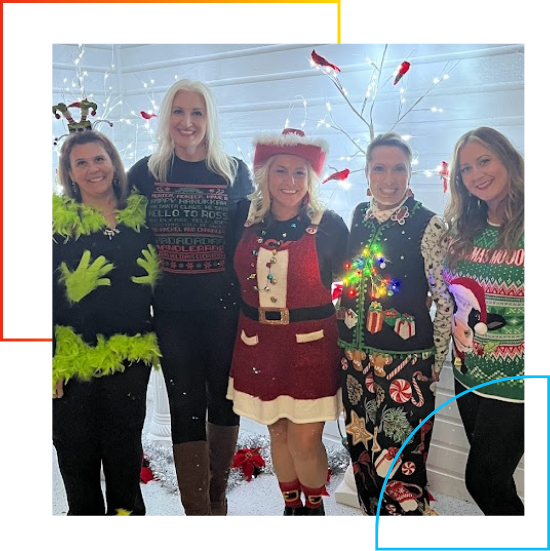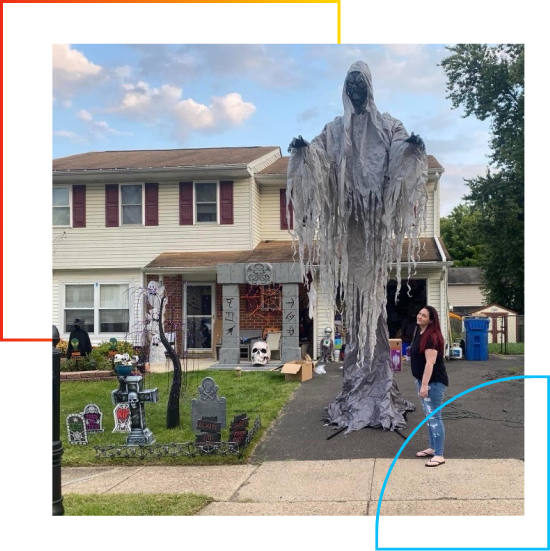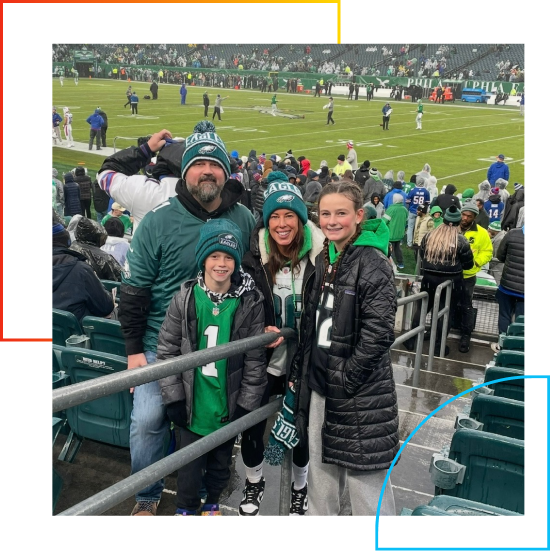How You Start Is How You Finish
By Jason LaRocca | Vice President of Operations | May 27, 2025
Yes, it’s a bit of a cliché. Success is often attributed to preparation. All great journeys begin with a series of small steps. A bad beginning makes a bad ending, according to Euripides, and as one of the greatest tragedians of classical Athens, he would likely know the potential pitfalls that can lay here. I am guessing your mother probably told you several times as you were growing up to get out on the right side of the bed every morning. Maybe as she was lecturing you to have a good breakfast on your way to rushing out the door.
The initial diligence review is one of the truly critical phases of the loan acquisition process. In this stage, you procure and aggregate (and ultimately analyze) data across a litany of potential risk areas, ensuring that a pool of loans slated for acquisition doesn’t carry with it any “fatal” risks that will place your lien position in the way of affecting your standing in any number of transactional areas – salability, default, title, etc.
Given the risks, you would think the diligence review period would carry with it an inordinate amount of attention and be given an appropriate amount of time, commensurate with its importance in the overall lifecycle of the loan acquisition and servicing processes. From my experience, however, the opposite tends to happen – diligence review is shepherded into a relatively brief timeframe ahead of a proposed sale date, during which time collateral analysts try their best to review data and flag the most fatal defects while also doing a host of other tasks – negotiating contracts, reconciling custodial data, communicating with stakeholders, etc. I’m not really sure why something so critically important in the lifecycle of the acquisition process seems to get off to such a rough start. Some of it IS a component of time limitations. Some of it is the “we can fix this later” mindset that illuminates a lot of the path from pre-sale to post-sale in the collateral world. And some of it is that the people analyzing this data are probably only partially set up for success here – collateral analysts are brilliant people with varied and specialized skill sets, but true title knowledge goes a step further down the path.
That’s where Grid151’s Tax Title Lien Product comes in.
Our Tax Title Lien Product, run by one of the best analysts of title data in the entire industry, and supported by the heft of knowledge that comes from the overall title operation for the number one independent title underwriter in the nation, does the heavy lifting for you that often gets short shrift as you work through multiple review processes on your way to closing out a loan sale. We find and flag a lot of risks for you in analyzing your title data:
- We confirm your lien is of record, with all other recordings related to that lien (assignments, default activity, etc.).
- We flag any liens recorded before your security instrument, any of which could potentially prioritize ahead of your lien.
- We flag any municipal liens (school tax liens, code violations, utilities, tax liens, anything county related), all of which could take precedence over your lien.
- We report delinquent taxes, so you can proactively assess the risk of a potential tax lien taking precedence over your mortgage lien.
- We analyze any existing HOA liens, some of which can take precedence over your lien as well. Our process here is pretty unique, looping in a statute of limitations review on the data.
- We analyze any vesting issues, and we dig deep into the data – if the current owner of the security instrument is not the borrower of the target mortgage, we dig further into the data to identify the timing of the ownership change, as these changes can lead to issues downstream with foreclosure action, refinance activity, and the like.
- We analyze and report on issues with your assignment chains, a critical piece of the diligence process. Read more about this here (Assignments – What’s The Problem? Blog from February)
- We review lender title policies to ensure you will not run into any issues when filing a potential title claim.
The above list is the “what” of our process. All of the areas mentioned here could be fatal risks that change the calculus of a potential acquisition. Missing any of these issues as you rush to hit a closing date, or failing to identify them altogether, can lead to some serious sticker shock later. But how we go about doing what we do is even more important. Our Tax Title Lien Team does a faster and deeper review than any other team doing the same work in our entire industry today. As with many of the other services we offer to our clients in the Secondary Market, we can utilize the expertise we have embedded in the title side of our business to proffer solutions and mine for expertise that is very specific to title risk. We also spend more time reviewing documents in the process, rather than relying solely on OCR technology to identify issues, than anyone else in the industry. The very essence of the diligence process lies in having the acumen to analyze the true story behind THOUSANDS of lines of data, flagging any number of issues on a loan. You can’t see the true story without digging in deep to every line.
The best part of all of this is that the same team identifying your title issues can help solve those issues after you complete a purchase/acquisition. Our title team digs into title defects post-sale, curing them with the same level of expertise and attention to detail that allows us to identify those issues in the first place. And our Investor Services Team helps you cure all of your other collateral deficiencies. All of this expertise is backed up by the machinery of a title company that identifies and insures risk across multiple types of transactions.
So we can help you start strong. And we can help you finish even stronger. Euripides has nothing on us.


















